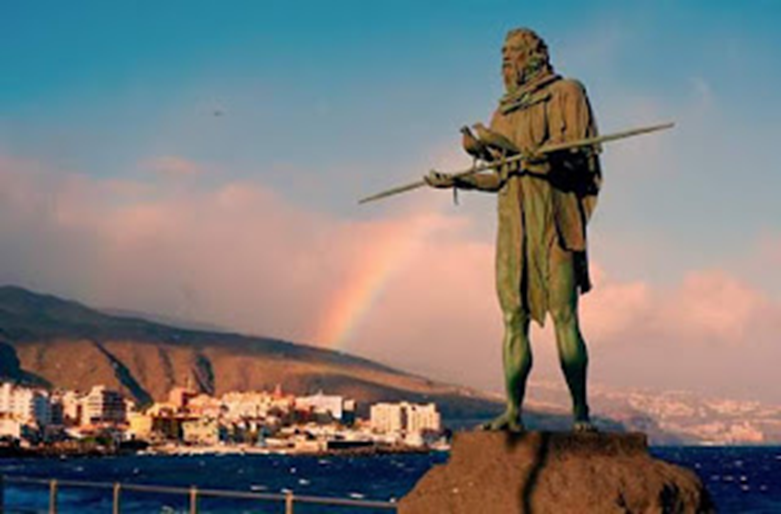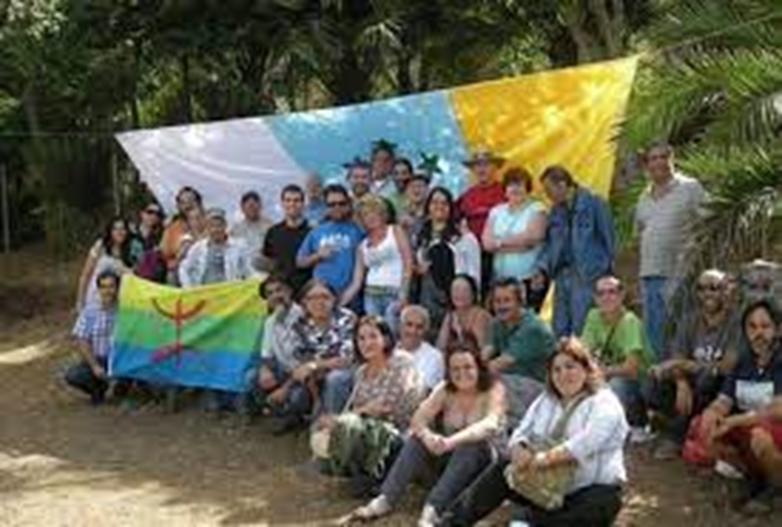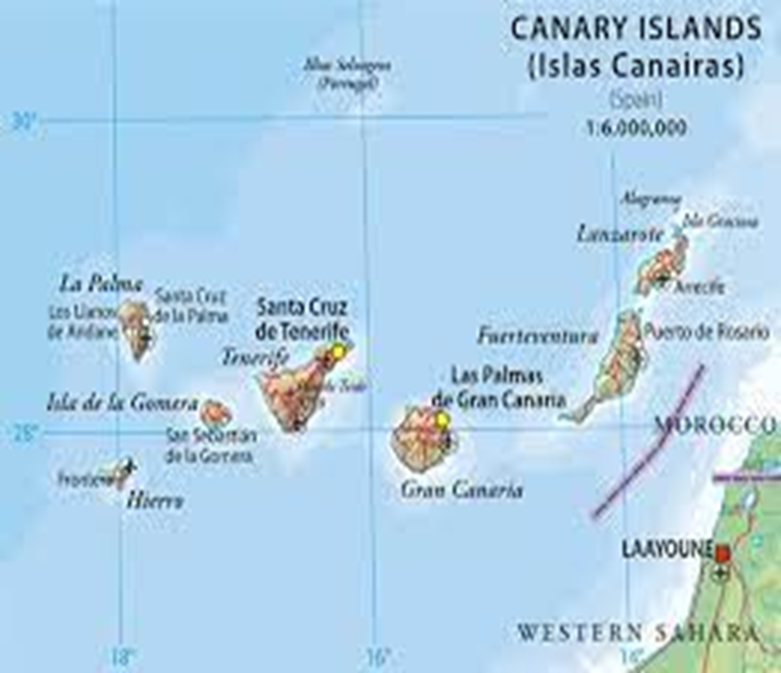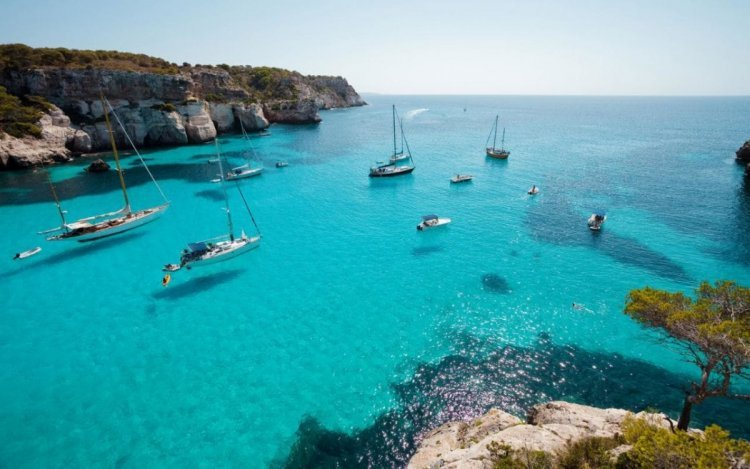Conflicts in the political history of the Canary Islands

The Canary Islands are inhabited by the Guanches, an ancient Amazigh people with a rich history. The Canary archipelago consists of seven islands, all of which bear Amazigh names such as "Canaria", which means the island of cartilaginous fish, "Tin Irifi", which means the island of thirst, and "Azrou". , which means the island - the rock..

Spain began to occupy parts of it from the beginning of the 15th century. As a result, Spain was subjected to fierce resistance led by local political leaders in Canaria. In the Canaries, the famous traveler "Christopher Columbus" set out to explore the American continent in 1492. At the end of the fifties and the beginning of the sixties of the last century, and in the midst of the worldwide movements of liberation and independence, the lawyer "Antonio Copello" founded the independence movement of the Canary Islands, based in Algiers.

It was a movement that was recognized by the United Nations and the Organization of African Unity, and its military branch was called the Guanche Armed Forces. Antonio Cubello was the victim of an assassination attempt in 1978, as a result of which he became disabled

After increasing military and political pressure on the movement, Spain was forced to grant the Canary Islands expanded autonomy in 1982, and "Antonio Copello" was granted a royal pardon and returned to Canaria. the Amazigh language an official language alongside the Spanish language in Canaria, and "Antonio" obtained from the Spanish Supreme Court an indemnity of one hundred and fifty thousand euros following the aggression of which he was the victim

Copello died in 2012 at his home on the island of Tin Irife aged 82. To immortalize his name as one of the historical political figures of North Africa.
Source: websites

